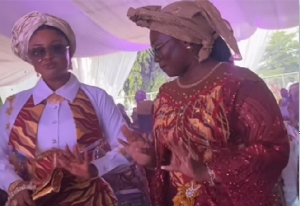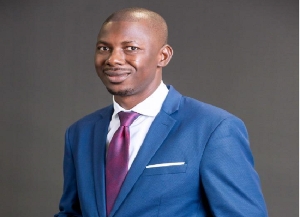Crime & Punishment of Thursday, 24 July 2014
Source: GNA
Judge praises Alternative Dispute Resolution
Mr Justice Charles Gyamfi-Danquah, the Supervising High Court Judge of the Northern Region, has said there was the need for parties involved especially in civil cases to adopt the Alternative Dispute Resolution (ADR) system as a useful tool to resolve cases.
“The ADR mechanism is a reliable partner to the traditional justice system and must therefore be embraced and nurtured for an efficient justice delivery system”, he said.
Mr Justice Gyamfi-Danquah made the suggestion in Tamale on Monday during a media briefing and the launch of the ADR week in Tamale aimed at sensitizing the public on the importance of resorting to ADR as alternative tool to settle some cases.
He said since the establishment of the ADR in 2001, a lot of cases had been settled successfully through mediation and this saved time and cost to the parties involved as well as reducing litigation.
This year’s ADR is on the theme: “Court connected ADR, a tool for peace and stability” and was funded by DANIDA, which also aims at creating public awareness while some mediators, lawyers, judges and other court officials as well as stakeholders are also sensitized on the use of ADR.
Mr Justice Gyamfi-Danquah said the ADR programme had been extended to some 57 district and circuit courts and some 215 mediators had been trained and assigned to each of the courts.
He said the ADR had so far mediated 28,672 cases between 2008 and 2013 out of which 14,330 cases were settled, representing 50 per cent settlement rate. Mr Justice Gyamfi-Acquah said the ADR concept had served as a complement to the traditional court system and made access to justice cheaper, easier, expeditious and non adversarial which also avoids the winner takes all situation.
“With ADR relationships are maintained and where it is successful, parties usually shake hands with the mediators,” he said adding, “The parties themselves come to appreciate the processes involved and find that it teaches them new ways to deal with future disputes”.










